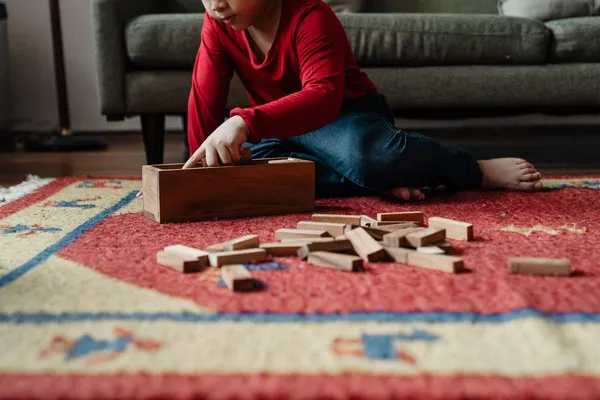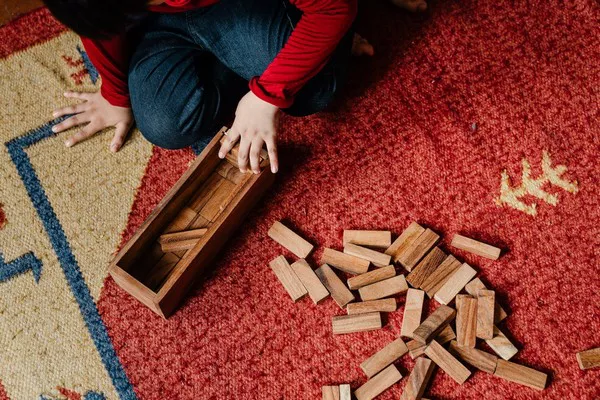As children grow and develop, they go through various phases and stages that can challenge their parents and caregivers. One such phase is intentional rebelliousness, where children start to assert their independence and push back against authority. In this article, we will explore when children can be intentionally rebellious and what parents can do to navigate this phase effectively.
The Age of Intentional Rebelliousness:
- Intentional rebelliousness usually starts around the age of 2 and can continue until adolescence.
- Children at this age are learning to assert their independence and are testing boundaries and rules.
- They may engage in behaviors such as refusing to follow instructions, talking back, or challenging authority figures.
Factors that Influence Intentional Rebelliousness:
- Personality
Some children may be naturally more defiant and independent than others, which can influence when they start to be intentionally rebellious.
- Parenting Style
Children who are raised in authoritative or permissive households may be more likely to engage in intentional rebelliousness than those raised in authoritative households.
- Environmental Factors
Changes in the child’s environment such as a move or a new sibling can trigger intentional rebelliousness.
Navigating the Intentional Rebellious Phase:
- Set Clear Boundaries
It’s important for parents to establish clear boundaries and consequences for violating them. Consistency is key in enforcing rules.
Offer Choices: Providing children with choices and allowing them to have a say in certain decisions can help them feel more in control and reduce the likelihood of intentional rebelliousness.
- Positive Reinforcement
Praising and rewarding positive behavior can encourage children to continue behaving well.
- Communication
Listening to your child’s concerns and feelings can help build a positive relationship and reduce the likelihood of intentional rebelliousness.
Intentional rebelliousness is a normal part of a child’s development and can occur as early as age 2. Factors such as personality, parenting style, and environmental factors can influence when children start to be intentionally rebellious. To navigate this phase effectively, parents should set clear boundaries, offer choices, provide positive reinforcement, and communicate with their children. By understanding the age of intentional rebelliousness and how to navigate it, parents can help their children develop healthy relationships with authority figures and establish positive behaviors that will benefit them throughout their lives.

























